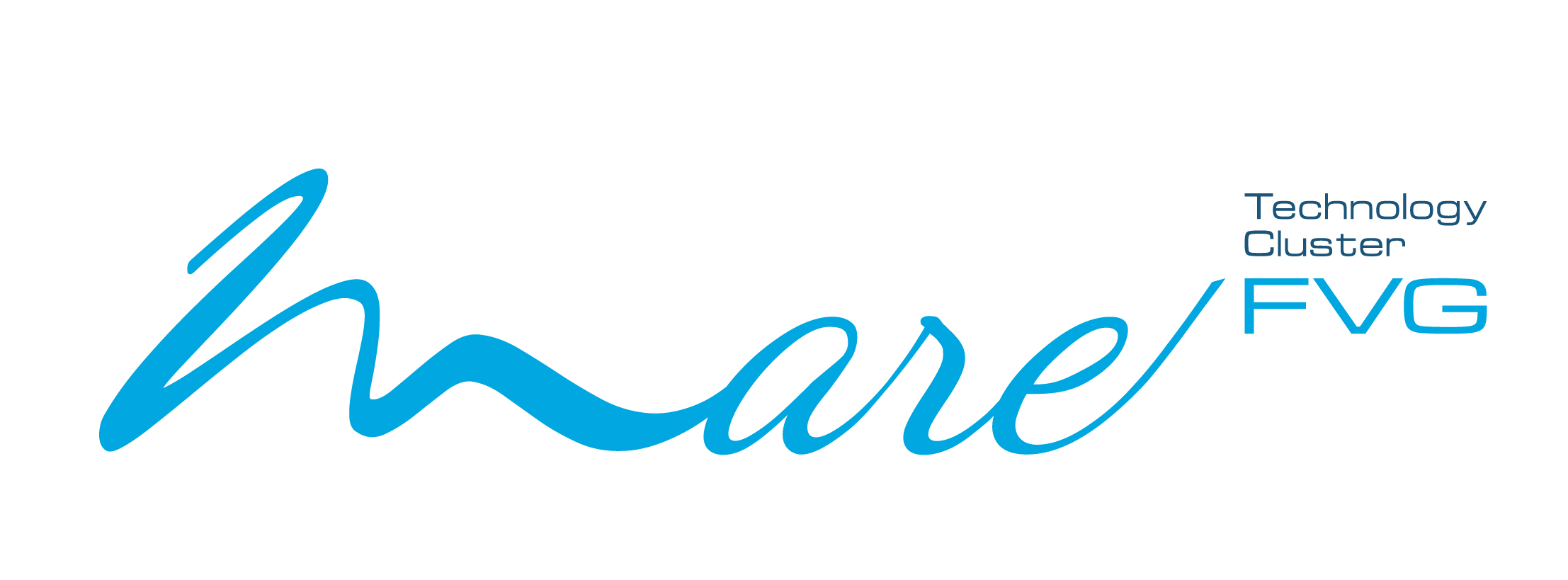We use cookies to help you navigate efficiently and perform certain functions. You will find detailed information about all cookies under each consent category below.
The cookies that are categorized as "Necessary" are stored on your browser as they are essential for enabling the basic functionalities of the site. ...
Necessary cookies are required to enable the basic features of this site, such as providing secure log-in or adjusting your consent preferences. These cookies do not store any personally identifiable data.
Functional cookies help perform certain functionalities like sharing the content of the website on social media platforms, collecting feedback, and other third-party features.
Analytical cookies are used to understand how visitors interact with the website. These cookies help provide information on metrics such as the number of visitors, bounce rate, traffic source, etc.
Performance cookies are used to understand and analyze the key performance indexes of the website which helps in delivering a better user experience for the visitors.
Advertisement cookies are used to provide visitors with customized advertisements based on the pages you visited previously and to analyze the effectiveness of the ad campaigns.
Other cookies are those that are being identified and have not been classified into any category as yet.

Il workshop “Re-design of ship components for metallic additive manufacturing processes” ha indagato le opportunità di applicazione dei processi di produzione additivi alla produzione dei componenti metallici, sia per nuove navi e yacht che per pezzi di ricambio.
L’evento, svoltosi il 25 ottobre 2016 a Udine, è stato organizzato dal Maritime Technlogy Cluster FVG in collaborazione con LAMA – Advanced Mechantronics Laboratry, il Lloyd’s Register, e AITA – Associazione Italiana Tecnologie Additive.
Il workshop ha fornito una panoramica della tecnologia, descrivendo le soluzioni tecnologiche disponibili, l’inquadramento legislativo e la gamma di applicazioni. Una tavola rotonda ha invece affrontato un confronto tra il trasporto marittimo e altri settori, portando ad esempio esperienze di successo, indagando i limiti e le opportunità per una ridefinizione nel settore marittimo.